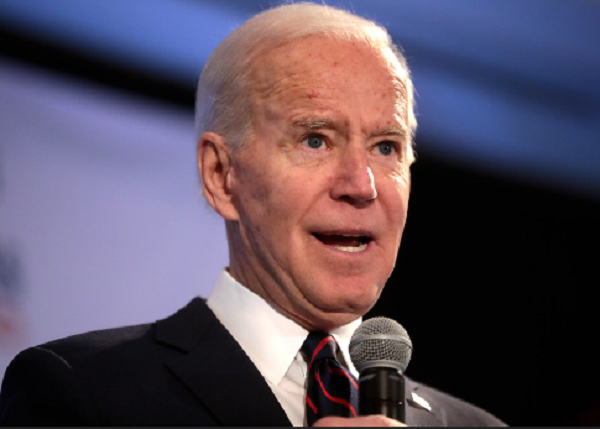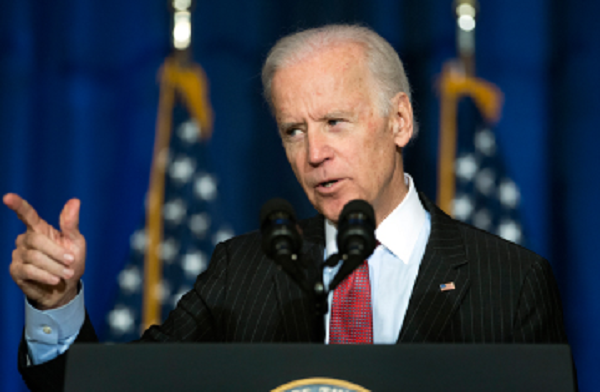President Joe Biden called Israeli Prime Minister Benjamin Netanyahu on Thursday and urged him to implement an “immediate ceasefire.” During their conversation, President Biden warned that if Israel fails to comply, the United States may withdraw its support for the ongoing conflict.
In a statement, the White House said:
“President Biden spoke by telephone with Prime Minister Netanyahu. The two leaders discussed the situation in Gaza. President Biden emphasized that the strikes on humanitarian workers and the overall humanitarian situation are unacceptable. He made clear the need for Israel to announce and implement a series of specific, concrete, and measurable steps to address civilian harm, humanitarian suffering, and the safety of aid workers. He made clear that U.S. policy with respect to Gaza will be determined by our assessment of Israel’s immediate action on these steps. He underscored that an immediate ceasefire is essential to stabilize and improve the humanitarian situation and protect innocent civilians, and he urged the Prime Minister to empower his negotiators to conclude a deal without delay to bring the hostages home. The two leaders also discussed public Iranian threats against Israel and the Israeli people. President Biden made clear that the United States strongly supports Israel in the face of those threats.”
Biden’s announcement affirms that the U.S. has effectively embraced Hamas’s request for a ceasefire to precede a deal to release the remaining Israeli hostages. Previously, the U.S. had aligned with Israel in stating that a ceasefire was contingent on a deal. When the U.S. abstained from United Nations Security Council Resolution 2728 last month, allowing it to be passed, the Biden administration refuted any policy changes, despite the resolution disconnecting a hostage deal from a ceasefire.
During a press briefing, White House national security spokesperson John Kirby declined to specify the consequences if Israel failed to comply with Biden’s demands. Kirby highlighted that the accidental killing of seven World Central Kitchen workers in an airstrike earlier in the week was a significant factor that led Biden to demand a ceasefire, a stance he had previously resisted.
Biden’s demand will make it challenging for Israel to achieve its military objectives. If Israel decides to pursue the remaining Hamas battalions in Rafah, it will have to do so without U.S. backing. Additionally, if Israel aims to negotiate a hostage deal, it will lack the leverage of U.S. support for ongoing military operations against Hamas in Gaza. Throughout the conflict, Hamas has aimed to isolate Israel from U.S. assistance by using Palestinian civilians as human shields, with the goal of increasing civilian casualties and sparking international condemnation.
Biden’s demand signifies the effectiveness of Hamas’s strategy, unless Israel is willing to continue the conflict in Gaza independently. Meanwhile, in Israel, the country braced for potential retaliatory strikes from Iran following an Israeli airstrike in Syria that resulted in the deaths of two Iranian generals earlier in the week. Iran supports and arms terrorist groups that have been targeting Israel.







